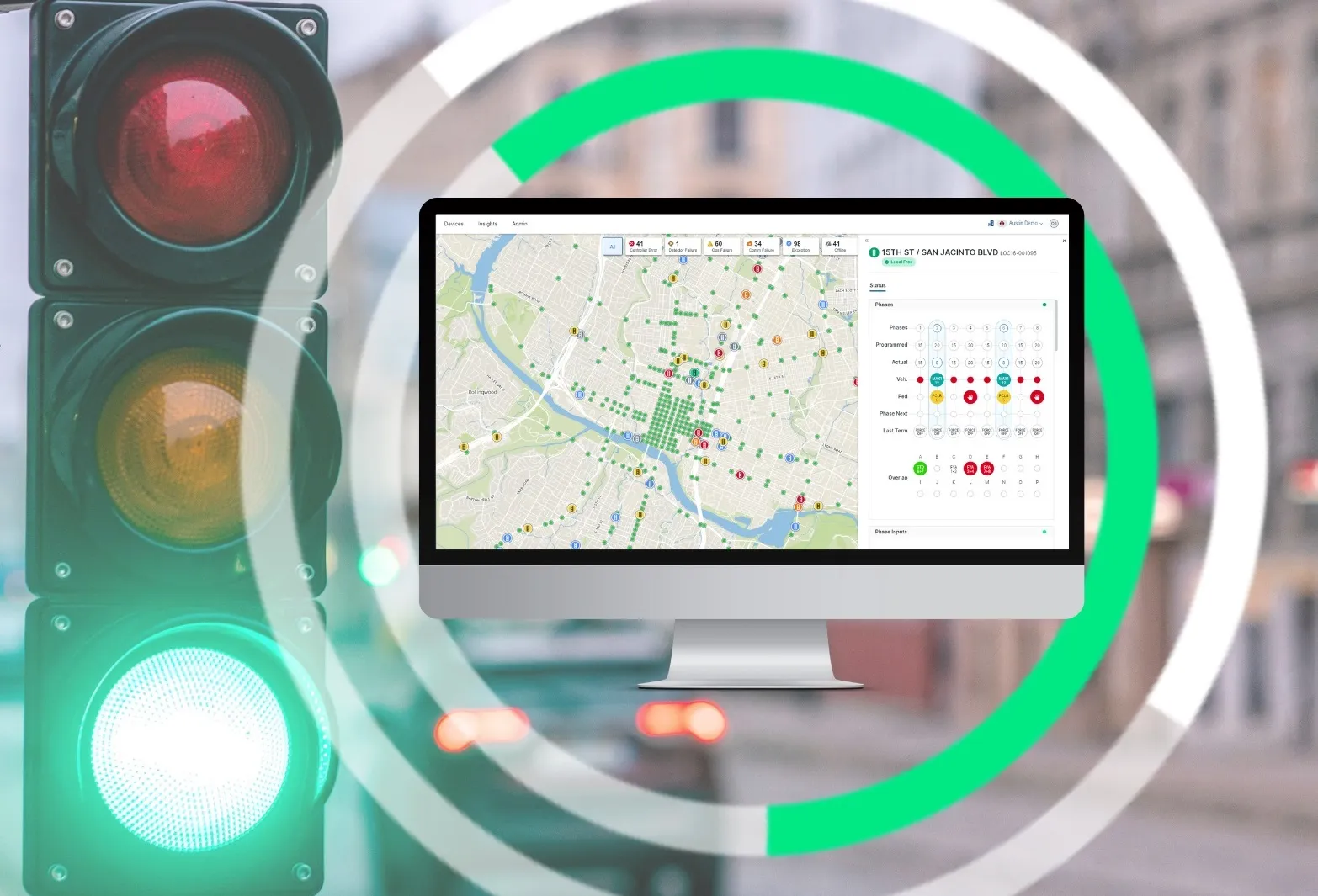Siemens Stratos journey time application is undergoing its first UK trial with South Gloucestershire Council. The council is trialling the system using data from a network of automatic number plate (ANPR) cameras to monitor the reliability of traffic times on key corridors and provide a baseline for measuring the impact of network strategies and improvements.
Developed using the latest cloud-based technology, Siemens says Stratos delivers scalable real-time traffic management, information and control; fr
October 9, 2013
Read time: 2 mins
Developed using the latest cloud-based technology, Siemens says Stratos delivers scalable real-time traffic management, information and control; from basic monitoring to strategic control of complex urban traffic environments. As a hosted solution, it offers high levels of availability, accessibility and support, in a cost effective manner and with the minimum of IT investment.
Stratos uses ANPR or Bluetooth data to calculate journey times and includes a data fusion algorithm developed by Siemens in conjunction with the Transportation Research Group at the University of Southampton. It offers flexible deployment options and browser based user interfaces with easy workflows to address individual customer requirements.








